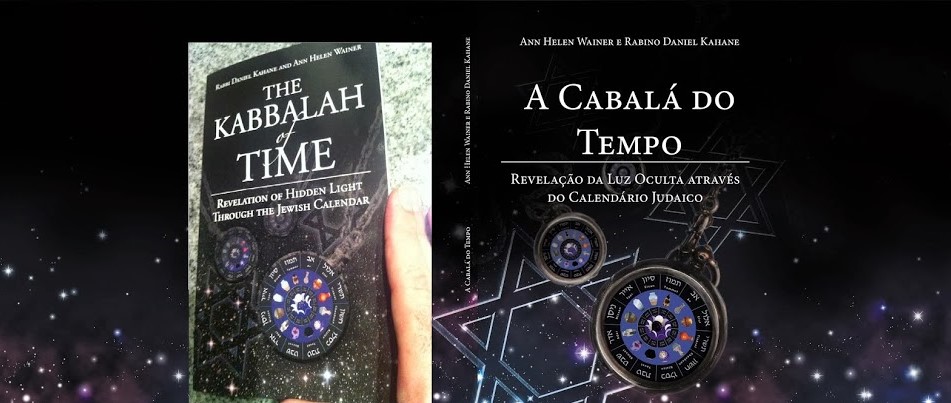The
swallow is saying, "So that my soul shall praise You, and shall not be
silent, G-d my Lord – I shall give thanks to You forever." (Psalms 30:13)
They would each say three things. Rabbi Eliezer would say: The honor of your fellow should be as precious to you as your own, and do not be easy to anger. Repent one day before your death. Warm yourself by the fire of the sages, but be beware lest you be burned by its embers; for their bite is the bite of a fox, their sting is the sting of a scorpion, their hiss is the hiss of a serpent, and all their words are like fiery coals.
Malchut shebeChesed (kingship within the context of kindness)
On the seventh week of the year, still in the month of Cheshvan, the swallow sings in Perek Shirah of how it cannot be silent, but rather must sing to Him of His glory and thank Him forever (Psalm 30: 13).
The Hebrew word for forever is l'olam, which
contains the word olam, which means world. Olam comes from the word ehelem, which
means “mask” or “hidden.” It is through our involvement with the world during
this month that we reveal G-d’s presence in the world, which until that point
had been hidden.
In Pirkei Avot, Rabbi Eliezer teaches that the honor
[kavod] of your neighbor must be so precious [chaviv] to you as if it were your
own, and that one should not become easily angered. (II:10). Rabbi Eliezer also
teaches that one must repent one day before death. However, as no one knows
when he or she will die, everyone must repent daily. Rabbi Eliezer further
cautions us regarding our behavior in front of sages in order not to be harmed
by their reactions.
We know that the Flood began on the seventeenth of
the month of Cheshvan, which falls either during week seven or week eight. This
unfortunate phenomenon would not have taken place had the people of the time
repented one day before their death and properly treated their neighbors and
sages. The Torah also holds Noah accountable for the Flood, because he did not
pray for the rest of the people. In this sense, the honor of his neighbors was
not precious to him – he thought only of himself.
For Rabbi Eliezer, in order to follow a just path,
it is very important to have a “good eye,” and to avoid an “evil eye” at all
costs. We also know that one of the main causes of the Flood was stealing. Such
criminal actions usually begin by looking at someone else’s possessions with an
evil, jealous eye.
The sefirah combination for this week is malchut
shebechesed. This week marks the yahrzeit (anniversary of passing) of our
matriarch Rachel, who represents malchut. Aside from malchut, she also
displayed a strong attribute of chesed, and perfectly exemplified the above
mentioned teaching in Pirkei Avot: she helped her sister Leah secretly marry
her beloved Jacob, just so that her sister would not be publicly embarrassed.
Jacob agreed with Rachel’s father, Laban, that Jacob would work seven years to
marry Rachel. After seven years passed, Laban placed Leah under the canopy
instead. The Talmud teaches that Jacob foresaw the possibility that Laban would
try to trick him, and so he had given Rachel certain signs so that he would be
able to recognize her on their wedding night. When Rachel saw Leah under the
canopy, she could not bear to see her sister be so humiliated and gave her the
signs.[1]
As
mentioned previously, King David represents malchut, and is connected to the
idea of repentance and return to G-d. As also mentioned, malchut is
associated with the power of speech, like the swallow which cannot be silent.
The Alter Rebbe explains that malchut, which means
kingship, is closely related to the concept of kavod, honor or glory, a word
also used in the song of the swallow. The connection between malchut and kavod
can be gleaned from the phrase we say right after reciting the Shemah: “Baruch
Shem Kvod Malchuto L’Olam Va'ed,” “Blessed be the Name of the Honor of His
kingdom forever and ever.” Cheshvan is also a month that is closely related to
the Temple, where the glory, kavod of Hashem rests.
We extract from the swallow a very important lesson
in self-improvement and daily living: to always recognize and thank G-d. The
swallow recognizes the greatness of G-d and constantly shows its gratitude. The
swallow also teaches us that when praising G-d it is not enough to simply use
instruments (as in Week Six); it is also important to sing using our own voice.
[Gematria Thought: The number seven has many meanings. Our sages tell
us that “Kol haShvi'im Chavivim,” every seventh is precious/beloved. Seven
represents the seven days of the week, and particularly the beloved seventh
day, the Sabbath. The number seven and the Sabbath are
both connected with the idea of returning to G-d. There are seven emotional
sefirot, and the number seven is represented by sefirah of malchut.]

No comments:
Post a Comment